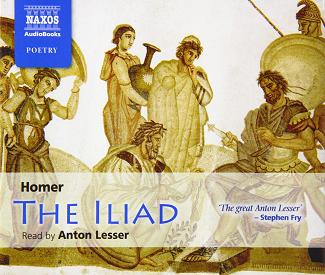
However, can the ideals of civilizing literature, in fact, be proven wrong? Is there no other way to deal with the challenges of humanism than to give in? A promising interpretive approach to this question is studying the specific metapoetic potential of historical poetry. This has often been interpreted as anti-classicist and, hence, antihumanistic. Post-Augustan epic poets like Lucan, however, also seem to doubt whether humanity can be taught by letters. Its literary vision of gradual advance (back) to Golden-Age peace and prosperity has taken center stage in the process of defining European humanism. Also, the very text that in antiquity had given birth to philology as a discipline, the Iliad, benefited strikingly little from editorial care, precisely at the time when Renaissance editors and printers worked towards ever better editions of classical texts.Īugustan poetry is perhaps the most classic of all European classics. New translations − both into Latin and the vernacular – were fragmentary and tentative, despite the calls from authoritative patrons to replace Leontius Pilatus’ early attempt. The reality is that it took more than two centuries for the Iliad and the Odyssey to earn real jurisdiction in the Renaissance cultural discourse. From that moment on, we would have expected Homer to have received a hearty welcome and rapid progress in the literary canon. Such was the longing to hear his voice that already in the fourteenth century, Petrarch and Boccaccio managed to have his poems translated into Latin. Unlike other classical and especially Greek authors, Homer never faded from the West’s collective memory: his name was revered even in the Middle Ages, despite the impossibility of actually reading his poems. You can copy, modify, distribute and perform the work, even for commercial purposes, all without asking permission.Our perception that Homer was always the cornerstone of the Western canon needs a profound rethinking. The person who associated a work with this deed has dedicated the work to the public domain by waiving all of their rights to the work worldwide under copyright law, including all related and neighboring rights, to the extent allowed by law. This file is made available under the Creative Commons CC0 1.0 Universal Public Domain Dedication. A normal copyright tag is still required.

This tag does not indicate the copyright status of the attached work.

It is also made available on a British Library website. This file has been provided by the British Library from its digital collections.


 0 kommentar(er)
0 kommentar(er)
